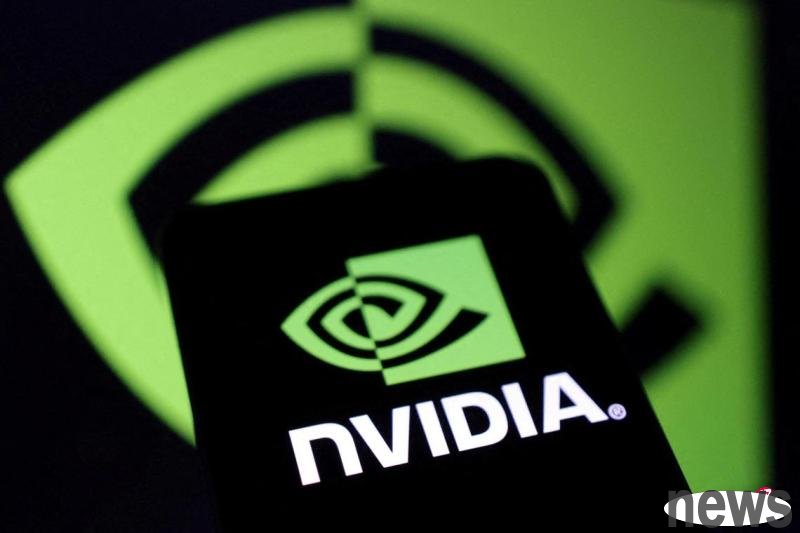
The latest financial report of the American chip giant Nvidia announced on Wednesday (May 28) local time. Revenue is expected to reach US$45 billion (about S$58 billion) in the second quarter ended July. Despite the impact of China's export restrictions, revenue expectations remain consistent with market expectations, driving the company's stock price to rise 4% after-hours.
When asked whether it would design a new chip to supply the Chinese market, Huang Renxun said that Nvidia cannot further reduce the performance of the H20 while still launching a useful product. However, the company is considering whether it can design new products that meet restrictions but still have performance for the Chinese market, and there is no specific plan yet.
The data center business continues to dominate with revenue of $39.1 billion, slightly lower than expected $39.2 billion. Game-related businesses contributed $3.8 billion, higher than analysts' forecast of $2.850 million; automobile business revenue reached $567 million. Earnings per share were 96 cents, which was also better than the market forecast of 93 cents.
Nvidia said that due to the United States' strengthened export controls on data center processors to China, it is expected to lose about $8 billion in Chinese revenue this quarter. The company also disclosed that due to relevant restrictions, an impairment loss of US$4.5 billion has been set aside.
Nvidia's revenue in the first quarter ended April 27 increased by 69% year-on-year to US$44.1 billion, slightly higher than the market's estimate of US$43.3 billion. Although growth remains strong, the year's growth is the smallest in two years.
If you cannot supply goods to China or face economic penaltiesNvidia currently accounts for about 90% of the AI accelerator chip market. The company's annual sales will be close to $200 billion this fiscal year, compared with just $27 billion two years ago.
However, Nvidia President Huang Renxun emphasized in the earnings call that the global demand for artificial intelligence (AI) infrastructure is "very strong", and pointed out that "every country regards AI as the core of the next industrial revolution." He also reiterated that the company will accelerate the production of a new generation of Blackwell chips to meet customers' growing demand for computing power.
He stressed that if AI chip sales cannot be restored in China, the company's future business will be substantially affected and the global AI leadership will be difficult to maintain.
Nvidia revealed that the company is facing scrutiny in China. Beijing authorities have asked it to continue supplying Chinese companies in exchange for approval of the acquisition of Israeli lens manufacturer Mellanox. The acquisition has been completed in 2020. Financial penalties may be imposed if the authorities find Nvidia fails to fulfill such commitments.
Nvidia previously developed H20 chips with lower performance and adjusted them according to previous regulations in the United States. But the current stricter restrictions hinder the sales of this chip in China.
He said: "We believe that losing access to China's AI accelerator market (the market size will grow to nearly $50 billion) will have a significant adverse impact on our future business and benefit our foreign competitors in China and around the world."
